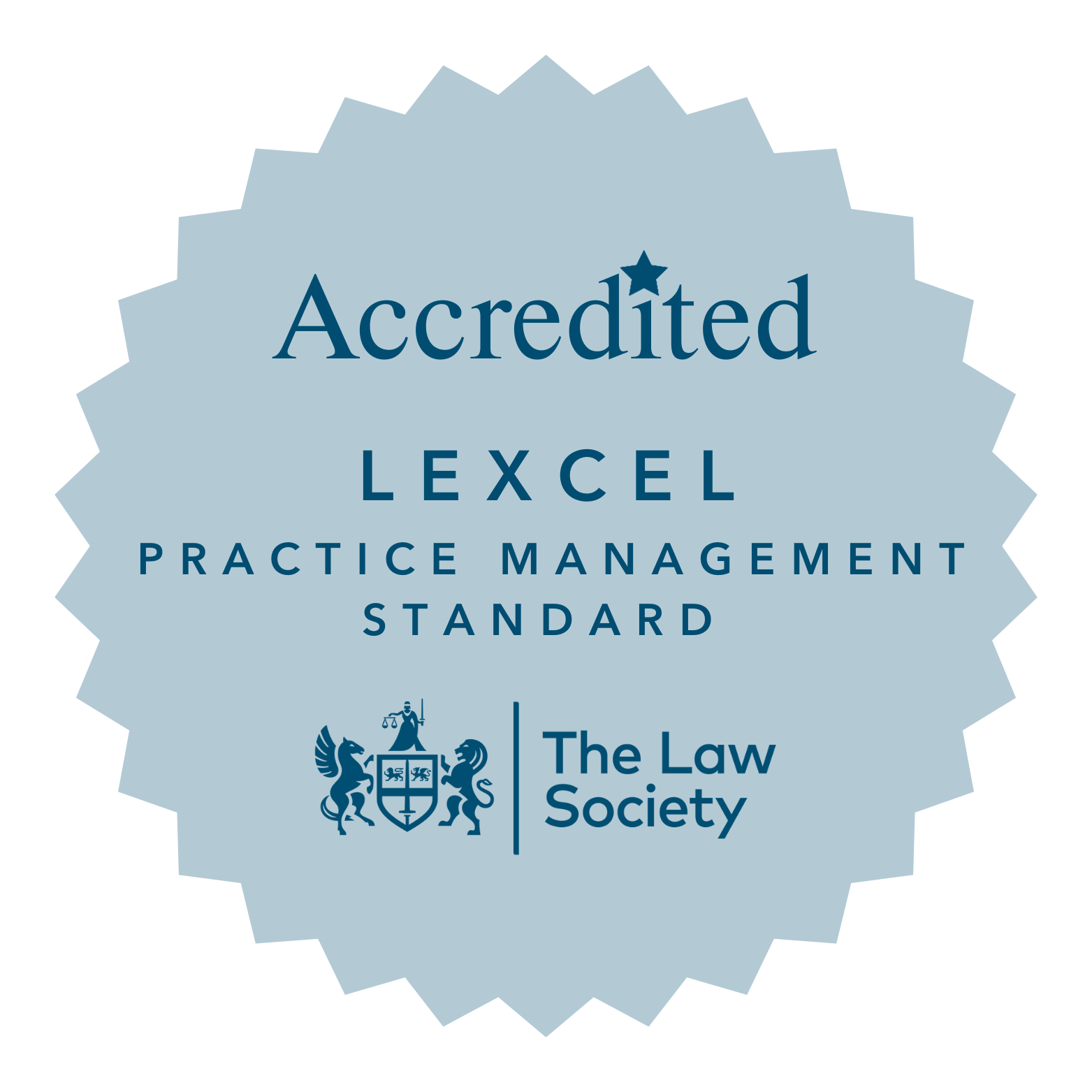What is the right age to make an LPA?
Nobody plans to lose control. Yet life happens.
Most people put off making a Lasting Power of Attorney until it's almost too late. But when exactly should you set one up?
Let's explore this question that affects every adult in the UK.
What Exactly is a Lasting Power of Attorney?
A Lasting Power of Attorney (LPA) is a legal document that lets you appoint someone you trust to make decisions on your behalf if you become unable to do so.
In England and Wales, there are two types:
- Health and Welfare LPA - Covers decisions about your medical care, daily routine, and living arrangements
- Property and Financial Affairs LPA - Handles your money, bills, property, and financial matters
Both give you control over who makes decisions if you can't.
The Legal Minimum Age (It's Lower Than You Think)
According to UK law, you must be at least 18 years old to make an LPA. This is the absolute minimum requirement.
But just because you can make one at 18 doesn't mean most people do. In fact, most wait far too long.
The Common Misconception
"I'll sort it out when I'm older."
This thinking leads many people to delay making an LPA until their 60s or 70s. Some wait until they receive a concerning diagnosis.
But this approach carries significant risks.
Why Earlier is Better Than Later
Making an LPA isn't about age - it's about capacity.
The critical requirement is that you must have mental capacity when you create the document. This means you understand:
- What an LPA is
- Why you're making it
- Who you're appointing
- What powers you're giving them
Once mental capacity is lost, it's too late to create an LPA.
The Unexpected Can Happen at Any Age
Consider these scenarios:
- A 25-year-old in a serious car accident
- A 35-year-old with an unexpected brain injury
- A 45-year-old diagnosed with early-onset dementia
Without an LPA, families face lengthy court applications through the Court of Protection to manage affairs - a process that takes months and costs thousands.
Why Professional Legal Help Matters
While you can create an LPA yourself online, having it prepared by a qualified solicitor offers crucial protections:
- Expert guidance on complex decisions A solicitor helps you understand the full implications of different options and powers
- Protection against future challenges Professionally prepared LPAs are less likely to be challenged on grounds of undue influence or lack of capacity
- Tailored to your specific circumstances Generic online forms may not address your unique family situation or assets
- Proper witnessing and certification Solicitors ensure all formalities are correctly observed, preventing rejection
- Secure storage of documents Law firms provide safe storage of your original LPAs and can produce certified copies when needed
Many DIY LPAs are rejected due to simple errors that a solicitor would have prevented, causing undue delays and costs. The modest cost of professional help upfront can save your family thousands in legal fees later.
The "Five Life Stage" Approach
Rather than focusing on age, consider making an LPA during these key life stages:
- When you buy your first property Property ownership creates financial complexity that may need managing
- When you get married Contrary to popular belief, spouses cannot automatically make decisions for each other
- When you have children Ensuring your family's security becomes even more important
- When you receive a health diagnosis Any condition that might affect cognitive function in future
- When you retire As you begin to manage pensions and retirement assets
The Cost of Waiting Too Long
If you lose mental capacity without an LPA in place, your loved ones must apply to the Court of Protection to become a "deputy." This process:
- Takes 6-12 months on average
- Costs upwards of £3,000 in legal fees
- Requires annual reporting and fees
- Offers less flexibility than an LPA
During this time, your bank accounts may be frozen and important decisions and payments delayed. You can find out more about this in our blog "The risk of loosing capacity without a Lasting Power of Attorney"
Next Steps
If you're ready to create an LPA:
- Consult with a qualified solicitor who specialises in LPAs
- Decide who you trust to be your attorney(s) - read our informative blog on the role of attorney here
- Consider whether you need one or both types of LPA
- Have your solicitor prepare and review the documents
- Register your LPA with the Office of the Public Guardian (currently £82 per LPA, from 17th November 2025 it is increasing to £92 per LPA)
Remember, an LPA only becomes active when registered, and a health and welfare LPA can only be used if you lose mental capacity.
At Pinkney Grunwells we have a dedicated experienced team across all 5 offices offering a friendly professional service to ensure your LPAs are created correctly and that you are aware of all the options and implications of them.
The Bottom Line
The right age to make a Lasting Power of Attorney isn't about the number of candles on your birthday cake.
It's about being prepared for life's uncertainties at any age, with proper professional guidance to ensure your wishes are protected.
The best time to make an LPA was probably years ago. The second best time is now.




